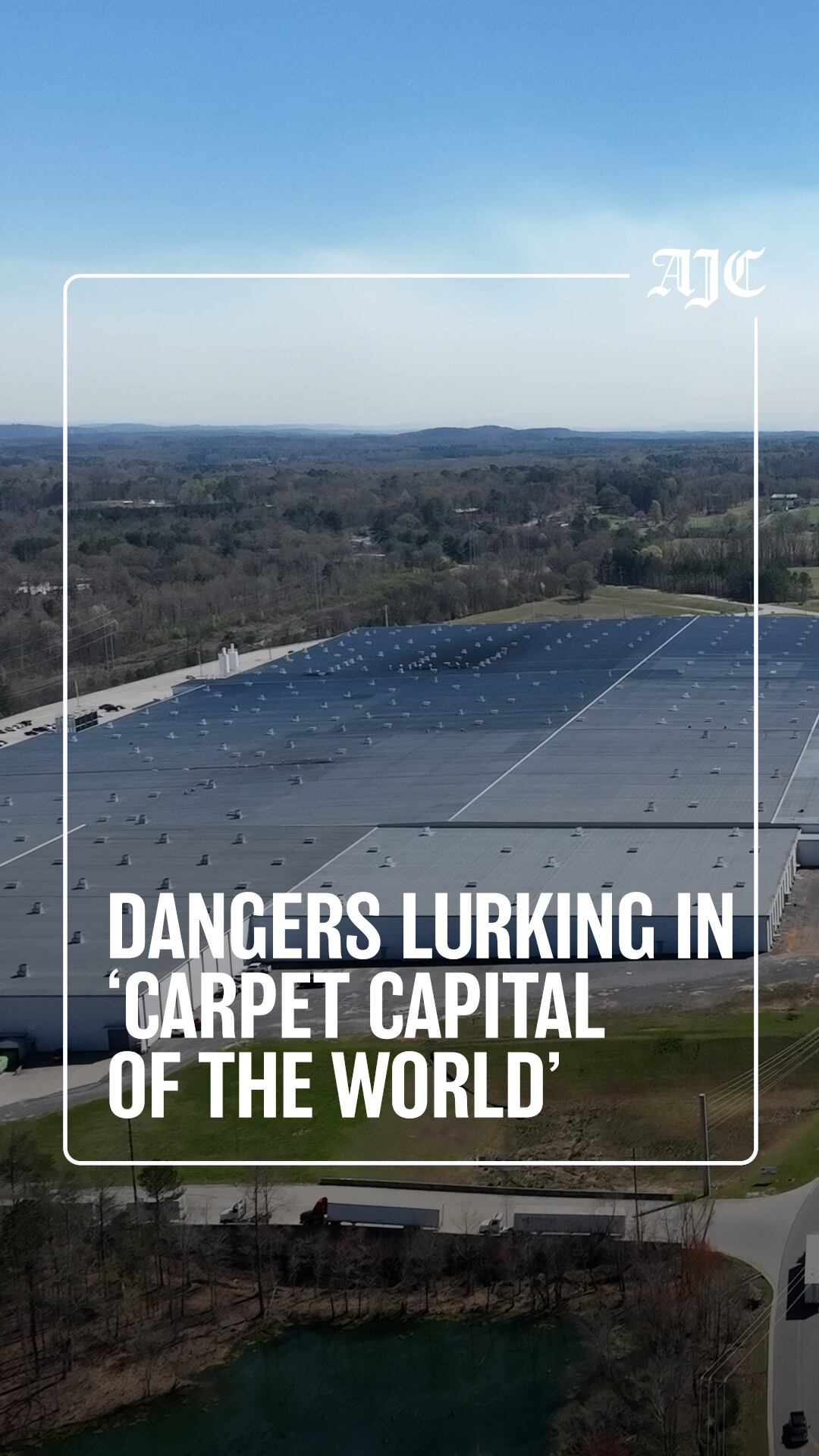Georgia waits for details on vaccine expansion plan

The Trump administration on Tuesday said it will release all doses of the COVID-19 vaccine in a bid to accelerate immunizations as the virus rips through the country, and it urged all states to expand eligibility to all persons 65 and older and to adults with serious underlying health conditions.
U.S. Health and Human Services Secretary Alex Azar said the supply chains for the Pfizer and Moderna vaccines are robust enough to release doses the federal government has held back for booster shots the vaccines require. New manufacturing will be adequate, he said, to supply the required second doses.
“Every vaccine dose that is sitting in a warehouse rather than going in an arm could mean one more life lost or one more person occupying a hospital bed,” Azar said.
The new HHS guidance came as Georgia reported a record number of new deaths Tuesday, including 145 net new confirmed COVID-19 deaths and another 42 deaths deemed probable for the disease.
The federal government has been under heavy criticism for the slow vaccine rollout, with the nation lagging far behind the pace Trump officials set in the fall.
Azar, though, blamed poor data reporting and “micromanaged” administration of vaccinations in some states for the problem.
Georgia’s reported pace of administration is in the bottom half of the country after ranking last week among the worst in the U.S. State officials have said data issues resulted in a significant underreporting of doses already administered, and they’re working to fix those.
But the larger problem is that Georgia isn’t being sent enough doses.
Initially, Georgia prioritized health care workers and those who work or live in long-term care facilities. Then on Monday, Georgia opened up eligibility to those 65 and older, adding about 1.5 million residents to the list of those who can get shots.
However, the state receives only about 80,000 doses per week at present to administer across 159 counties, not including what’s provided to CVS Health and Walgreen to run vaccination clinics at long-term care homes.
“There is simply vastly more Georgians that want the vaccine than can get it today,” Gov. Brian Kemp said at a Tuesday media briefing.
Expanding to adults with high-risk pre-existing conditions would greatly expand the pool of eligible Georgians.
The state has received few details on how many more doses Georgia will receive as the federal government releases current supplies.
Vaccine supplies have been allocated on a per capita basis. But under a new allocation plan that Azar announced, the federal government will reward states that have the best rates of vaccination.
States have two weeks to improve their performance and their reporting before the allocation criteria changes, he said. That period would be at the start of the incoming Biden administration, which Azar said would be briefed, but the decision was made by the current administration.
“Use every channel, get the vaccine out there,” Azar said. “I would rather have people working to get appointments to get vaccinated rather than having vaccines wasted in freezers.”
Beyond more doses, state officials acknowledge that it’ll take more staff — from the private sector, government, contractors and volunteers — to boost immunization numbers to where they need to be.
Understaffed local health districts have not been able to keep up with phone calls, and some have had to curtail COVID-19 testing in order to administer vaccines.
Kemp warns of crackdown
Georgia, like much of the nation, is suffering through its worst wave of the pandemic.
On Tuesday, the Georgia Department of Public Health (DPH) reported 9,193 net new confirmed and suspected coronavirus cases. About 5,700 people were listed as currently hospitalized for COVID-19 statewide at about 6 p.m.
To date, Public Health Commissioner Dr. Kathleen Toomey said providers have reportedly administered about 227,000 doses, nearly double the figure reported last week after overcoming data backlogs.
The federal government has shipped about 700,000 doses of the Pfizer and Moderna vaccines to Georgia as of Monday.
The number of Georgians eligible for vaccination is far higher. About 2 million Georgians fall into the categories of health workers, long-term care residents and staff, first responders and seniors.
Perhaps a million more would qualify as other adults with serious underlying conditions, such as cancer, pulmonary disease, heart conditions, kidney disease, obesity, diabetes and Down Syndrome, that can make COVID-19 more severe. It would be up to governors to decide which people with co-morbidities will be eligible upon expansion and what documentation would be required, Azar said.
Speaking at the media briefing on Tuesday, state officials said they are looking for ways to get shots into more people, including creating new mass vaccination centers.
Kemp also said the state would crack down on large providers who may be holding onto doses rather than administering them. He appeared frustrated that some — namely hospitals — aren’t vaccinating enough people, holding doses in reserve, despite signed contracts to administer them as quickly and safely as possible.
“If this issue continues, the state will take possession of those doses and ensure vaccinations will continue,” Kemp said. “If it takes me firing up my pickup truck and doing it myself, so be it.”
State officials also said that CVS and Walgreens should be on schedule to complete the first round of vaccination clinics in all Georgia nursing homes by the end of the month. If not, Kemp said, the state will step in to assist.
Toomey said the state is working to improve its immunization reporting system, known as GRITS, to simplify reporting.
Providers under the federal Operation Warp Speed, Azar said, are required to report within 72 hours of doses being administered, a drastic change for reporting of most other vaccines, in which providers have 30 days.
That requirement has not only created technical challenges for many states, including Georgia, but it also is labor intensive for health systems burdened by rising cases of COVID-19.
Kemp is urging Georgians to be patient as the state focuses on reaching the most vulnerable, but problems with the rollout has frustrated thousands.
Among them is Linda Gaffney, 73, and a cancer survivor. She said she sought a shot through her doctor’s office, but it doesn’t yet offer the vaccine. The Alpharetta resident called state and local health departments and said she got the runaround.
When she tried Monday to log on to the Fulton County health department’s scheduling website, all the appointments were booked. Gaffney said she and her husband would continue to log on every day hoping they can be online when new appointment windows open.
“That’s the only thing I know we can do is hope we can fall in at the right time,” she said.
Staff writer Carrie Teegardin contributed to this report.



